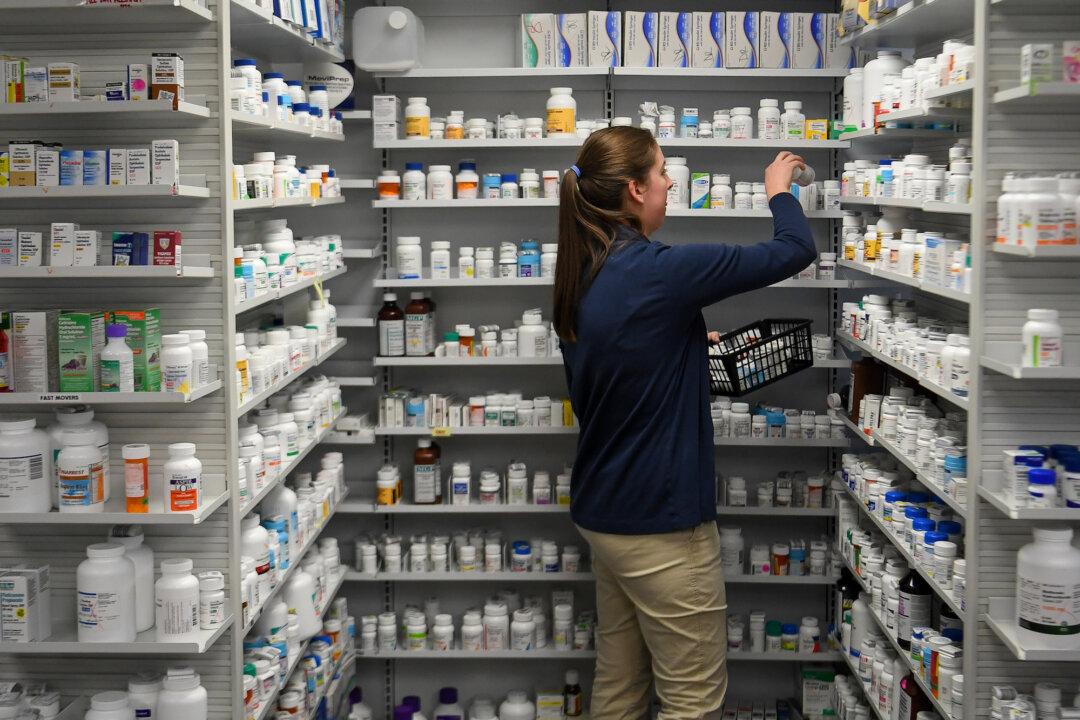BOSTON—A co-owner and four ex-employees of a Massachusetts compounding pharmacy were convicted on Dec. 13 of committing frauds and other illegal activities that helped boost its business before a deadly 2012 fungal meningitis outbreak linked to drugs it made.
The verdict by a federal jury in Boston came in the latest criminal trial involving former executives and employees of New England Compounding Center, which produced mold-tainted steroids that prosecutors said sickened hundreds of people and killed more than 100.





